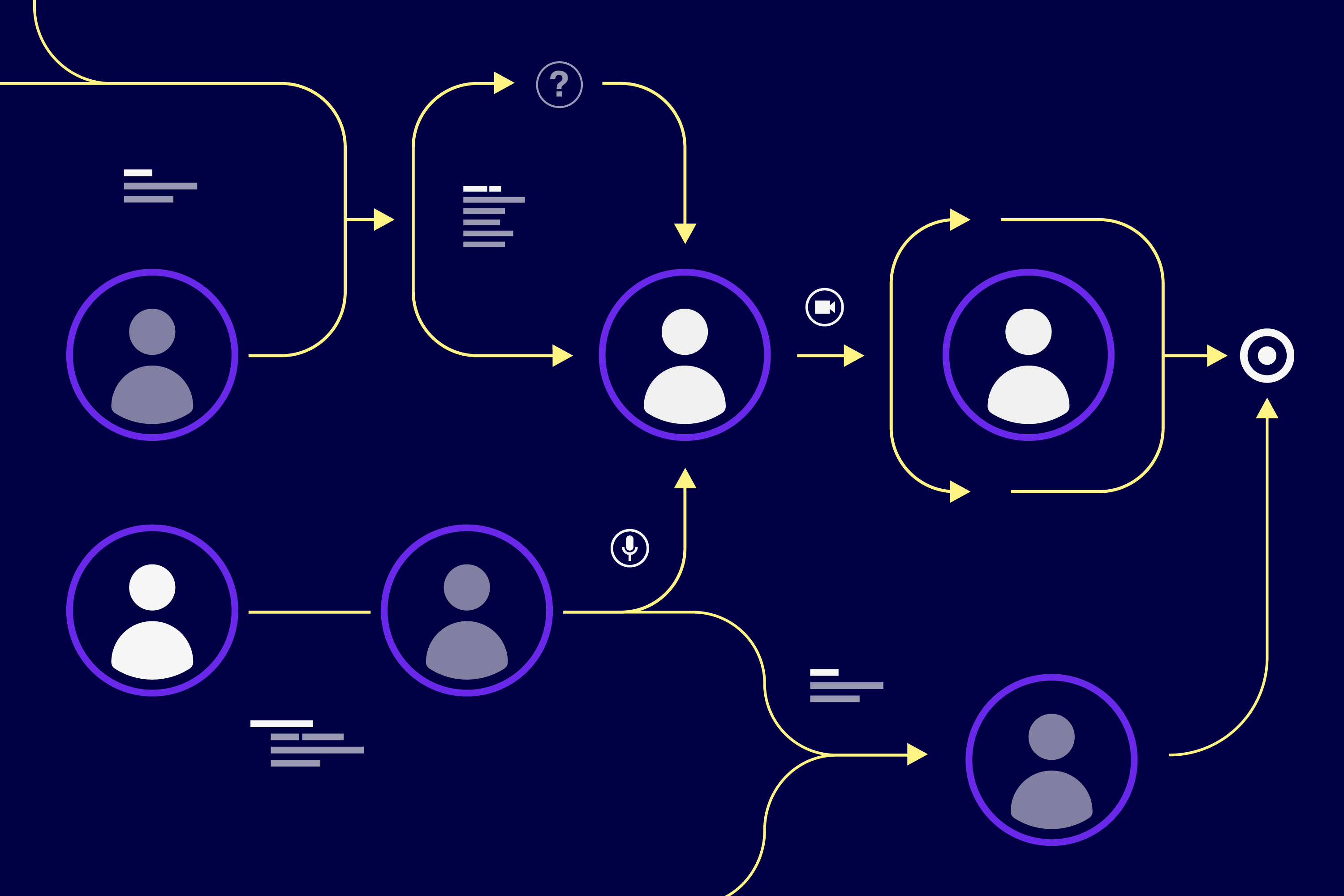
Articles
How Small Businesses Can Leverage Automation and AI in Their Operations
July 25, 2022

Our Jetson’s dreams of teleporting meals, flying cars, and Rosie the Robot maids haven’t fully come to fruition (though Roombas are a nice consolation). But we are getting closer to that reality in both our personal lives and our businesses.
Companies are continuously looking for ways to automate their operations to save time and money. Taco Bell recently opened Taco Bell Defy, a restaurant with four drive-thru lanes — only one of which is manned by live employees. The rest are designed to speed up the experience using a digital-ordering format.
Pizza is also going through an automation makeover. Companies like Zume and Stellar Pizza are designing vending machines and robots that will assemble, cook, and box pizzas — no human labor required.
.gif)
And automation isn’t limited to food. Startup company Beagle Technology upgrades existing farm equipment with cameras and AI software, developing automated robots that will take care of labor-intensive farm tasks.
These are just a few examples of how companies are leveraging robots and AI to automate their processes and streamline growth. And while these particular projects seem grand (AKA expensive), this kind of automation isn’t limited to the businesses with the most money. In fact, with a little overhead, many small businesses can implement AI to help their own operations — and they should.
What is AI?
Artificial intelligence is the overarching term for any computer software that can simulate human intelligence and engage in human actions, such as learning or problem-solving. And while AI can seem mysterious or overly complicated — c’mon, with HAL as the face of AI, who wouldn’t be a little cautious? — it’s actually pretty common.
For example, did you know that digital personal assistants like Siri and Alexa are driven by AI software? And you may have heard of those pesky “algorithms” that are responsible for what you see on your social media feed every day. Take a guess on how they do that (hint: the answer is two letters long).
Basically, AI already exists in our day-to-day lives. So now’s the time to bring it into your business — if you don’t already have it implemented.
How can automation improve your business?
There are a number of ways small businesses can use AI to automate their operations:
Business process automation.
Data input, form processing — these are the kinds of tasks we typically dread. They’re time-consuming and usually a poor use of employees’ skills (*cough* boring). But these types of monotonous tasks are the bread and butter of AI.
With robotic process automation (RPA), these data-intensive tasks (common in finance, insurance, and HR) are taken care of quickly and efficiently, leaving time for you and your employees to focus on other parts of the business.
Customer service and relationships.
One of the foundations of a successful company is the customer-business relationship. When they’re happy, we’re happy — which is why businesses spend so much time and energy making sure their customers are satisfied with their products and services.
.gif)
AI can save you that time and energy. You’ve probably seen website chatbots — these AI-powered plug-ins can pick up the lion’s share of customers’ questions and issues. They’re set up to be available 24/7 without any major oversight, saving you time while providing quality and immediate service for customers.
And you’re not just limited to chatbots. Customer relationship management (CRM) software is used by businesses in industries like healthcare, retail, and real estate to help track interactions with their customers. Typically, it can take a lot of manual intervention to stay on top of these communications. But with AI, these platforms become more autonomous and self-correcting, sending messages to your customers so that you can spend more time on your business.
Data analysis.
There’s a lot of data available about customer behavior and preference, but most small businesses just don’t have the time to do anything with it. But with AI machine learning — AKA algorithms that can find patterns and predict trends — you can get actionable insights from that data.
Take Trainual, for example. Using data from hundreds of companies and our AI and machine learning algorithms, we’ve been able to build “suggested roles” and “suggested responsibilities” — recommendations built into our software that make it easier for our customers to build out their teams’ roles and responsibilities. With machine learning, we were able to take the data we had and make it useful for customers. And with much less time and effort than if we had tried to do it manually.
With machine learning tools like TensorFlow, other small businesses can make use of all the data they have sitting around. Machine learning will provide valuable insights into how customers think, what they want from your business, and how to keep them coming back.
We get it — artificial intelligence is a little intimidating, especially for people who’ve never used it before. But AI and automation provide a lot of different benefits that can give your business a competitive edge. All you have to do is let the computer take care of it.
Similar Blog Posts










